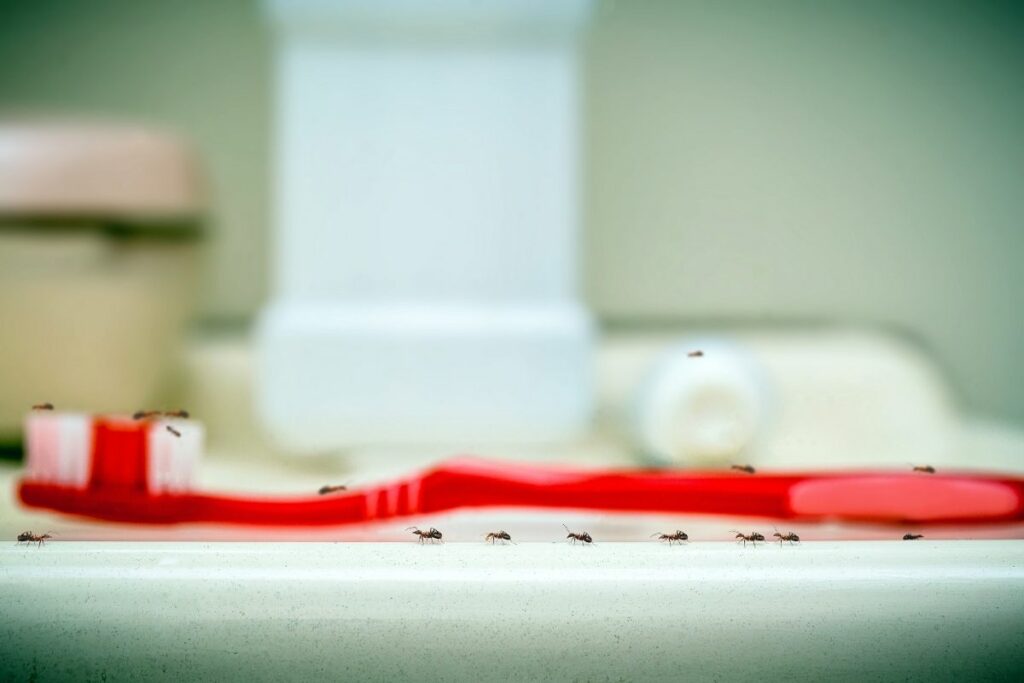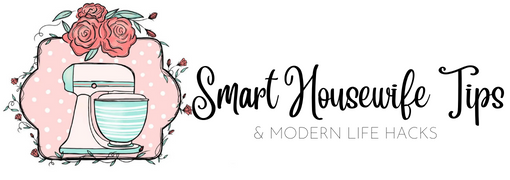Like the ones we see in our gardens and picnics, Ants produce a special liquid called hemolymph. When they feel threatened or sense danger, these tiny insects emit a chemical that warns their fellow ants to meet for battle elsewhere. That is why you will often see ants moving from one location to another very quickly when humans get near them.

What are ants?
Ants are small invertebrates that belong to the order Hymenoptera and the family Formicidae. There are more than 12,000 species of ants in the world. They have been around for 100 million years and have had a major impact on earth’s terrestrial ecosystems since their evolution. They can be found almost anywhere on Earth, from jungles to deserts, from hot arid areas to cold mountain tops, though they prefer regions with plenty of vegetation. Ants can run very fast at 514 body lengths per second, which is equivalent to humans running 495 kilometers per hour (300 miles per hour).
Ant colonies consist of three types of individuals:
- Queens who lay eggs.
- Workers who collect food and take care of larvae.
- Males whose primary function is to reproduce.
Ants are social insects that live in colonies that range in the thousands of individuals. Queens may mate with multiple males, while workers are sterile females.
Ant nests are exceptionally well-organized systems consisting of many chambers connected by tunnels used for different purposes such as food storage, larval nurseries, and waste disposal. The activities inside an ant nest are carefully regulated by chemical messages sent by pheromones (chemical substances secreted externally) from one ant to another. These messages can trigger different behaviors depending on the pheromone given off by intruder ants or disease organisms infecting the colony.
Ants communicate through chemicals known as pheromones, which allow them to interact in various ways, including trail following, orientation, food exploitation, and defense. When they meet on a trail, ants engage in several forms of communication before going their separate ways. Ants also communicate by touching each other with antennae which allows them to receive information about one another’s health and social status.
In aggressive interactions between two ant colonies or when an ant feels threatened, it releases pheromones from its abdomen to alert others of danger. This is known as the “propaganda substance” because it only aims to alarm others rather than for immediate communication about specific threats.
Why do we call them pests?
Ants are categorized as eusocial (true social) insects where many workers cooperate within a colony to share resources and raise young ant brood(larvae). Although individual worker ants don’t reproduce, they inherit duties through genes and pass them on to generations. However, we still refer to them as “pests” because they can infest our homes and food.
What do ants eat?
Ants are omnivores, meaning they feed on anything edible, especially meats and sugary foods. They collect nectar from plants in exchange for defending the plants from herbivorous insects or help in pollination by carrying pollen from one plant to another when gathering nectar. In return, these plants provide high-energy liquid food through stems called extrafloral nectaries found at leaf nodes which attract ants. Ants carry out many essential ecosystem services that keep nature balanced and healthy for us to enjoy its beauty!
Why do ants go to my bathroom?
Ants in bathroom? That is really surprising. Well, ants can enter your home searching for food or water, but they’re usually looking for carbohydrates. This is especially true if you live in a hot climate because ants are attracted to anything sweet, including soda and candy.
It’s amazing the kinds of places ants go to relieve themselves. The bathroom, in particular, is one place that we humans like to keep free of ants and other insects (and even rodents). Ants don’t always take kindly to this rule either – when an ant finds its way into the bathroom, it can be a bit of a pest.
There are several reasons why ants tend to end up in bathrooms:
One reason is that there’s usually sweet stuff for them nearby (toilet bowls and sinks often contain sugary or starchy substances such as toothpaste, soap residue, etc.). Ants in bathroom also look for moisture when they need water, so bright shiny surfaces can be quite attractive. Ants are attracted to the bathroom because it’s usually warm, damp, and full of food. There is also open access to water in sinks, baths, and showers which can be found close by. Add these together, and you have a high probability of having ants (or other insects and rodents) in your bathroom.
What should I do if ants end up in my bathroom?
One way to deal with ants in bathroom is to eliminate the source altogether – if you’ve got a serious problem, there’s probably some kind of food or water source near your home (or even under it). Treating these areas as well as the entrance points can be very beneficial for keeping insects out. Some people like to pour boiling water down drains, but this doesn’t work against ants living above ground level. It’s also not so good for your pipes since it will scald them. You have a higher success rate using boric acid powder, which absorbs moisture from the ant’s body, so they die of dehydration. This also doesn’t hurt your pipes and can be pretty effective – although it isn’t instant, meaning the ants may only die once they’ve found their way back to the colony.
Another strategy to keep ants in bathroom out is to clean up spills as soon as possible (or wipe them away). By removing the moisture source, you reduce the chances of an ant infestation in or around your bathroom. Using organic cleaners or plain soap and water will make it less attractive to ants since they tend to prefer sugary stuff. Using white vinegar will work if you want something with a milder smell.
Finally, there are sprays that claim to act as an insect repellant (some act by leaving behind a residue that’s unpleasant for insects). It would be best if you reapplied them frequently, and they may need to be combined with the other suggested methods. They are also better if you use them in conjunction with one of the other strategies since they’ll kill any ants that do come along.
